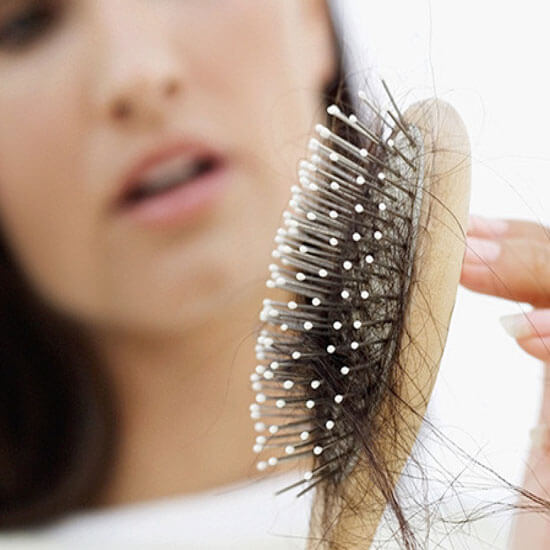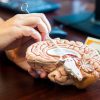Before the check-up, your doctor can seemingly provide you with a physical examination and raise questions regarding your medical record and case history.
He or she can also perform tests, like the following:
Blood test.
This may facilitate uncover medical conditions associated with hair loss.
Pull test.
Your doctor gently pulls many dozen hairs to check how many strands have fallen. This helps verify the stage of the shedding method.
Scalp biopsy.
Your doctor scrapes samples from the skin or from some hairs plucked from the scalp to look at the hair roots. This can facilitate verify whether or not the associated infection is inflicting hair loss.
Light microscopy.
Your doctor uses a special instrument to look at hairs cut at their bases. Microscopy helps uncover possible disorders of the hair shaft. Treatment Effective treatments for a few types of hair loss are offered. You might be able to reverse hair loss, or at least slow further thinning. With some conditions, like uneven hair loss (alopecia areata), hair may regrow without treatment within a year. Treatments for hair loss include medications, surgery to market hair growth and slow hair loss.
Medication
If your hair loss is caused by an associated underlying illness, treatment for that disease is necessary. This may include medicine to cut back inflammation and suppress your system, such as prednisone. If a definite medication is inflicting the hair loss, your doctor might advise you to prevent touching it for a minimum of 3 months.





There are no reviews yet.